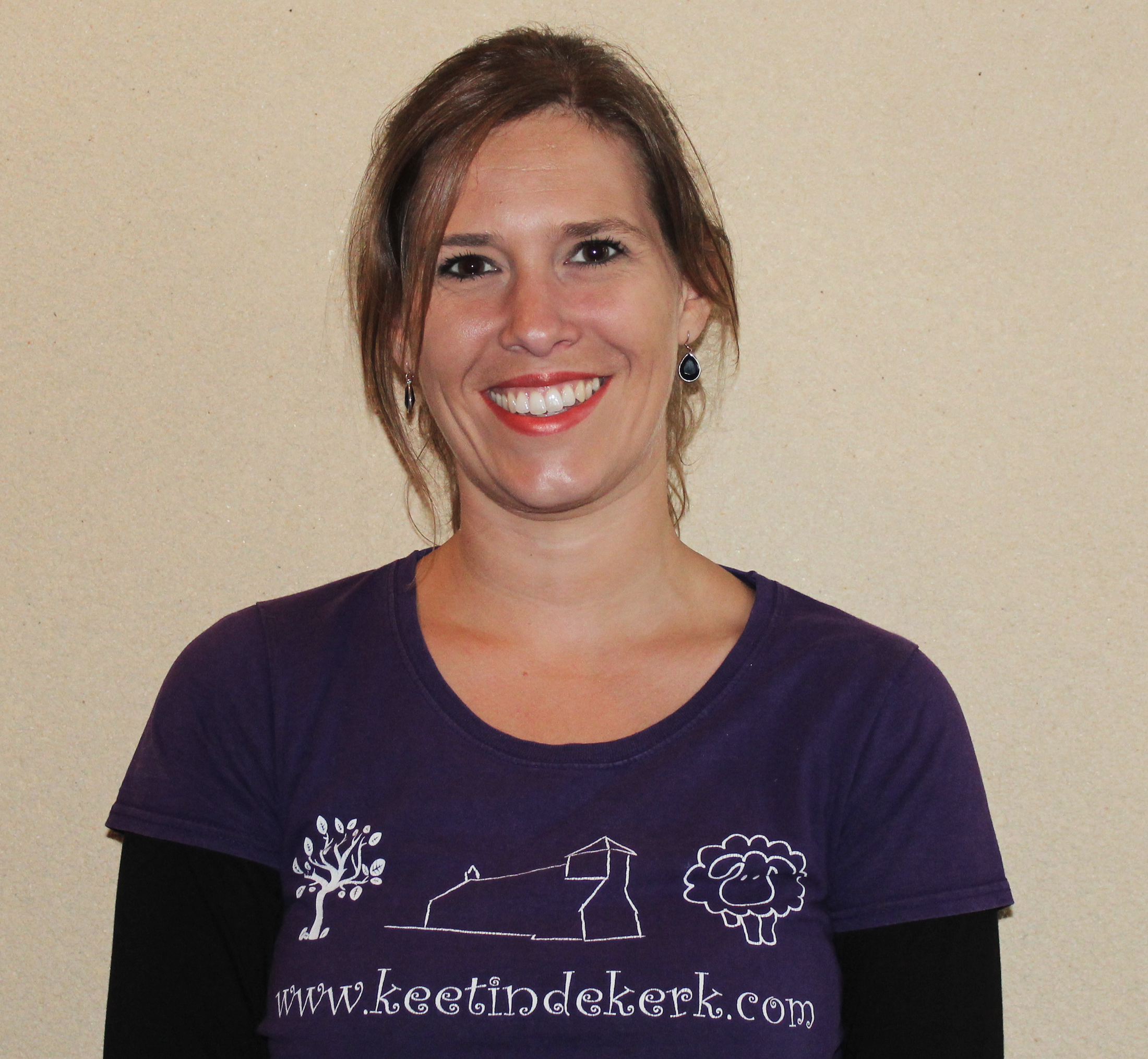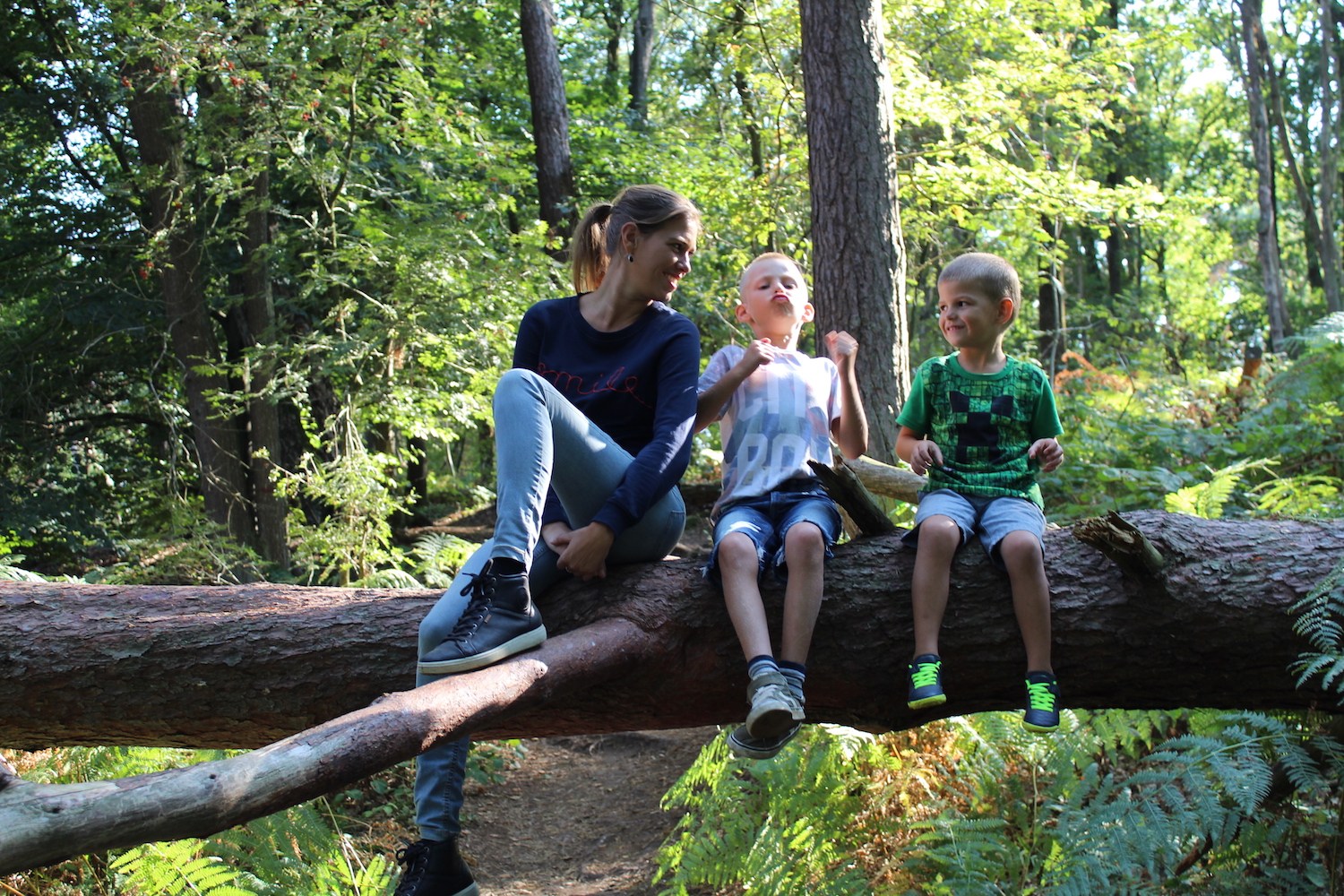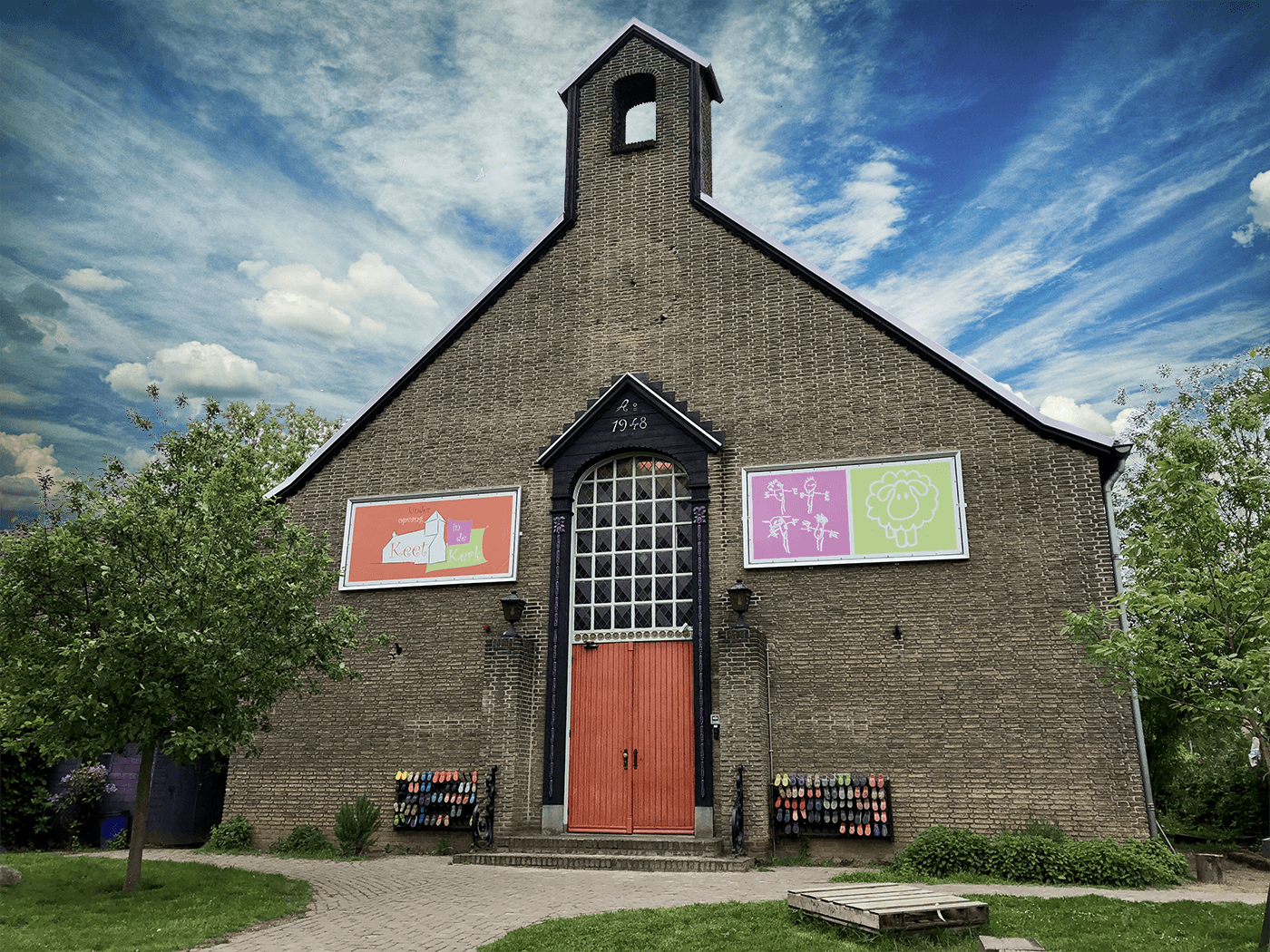With their unique location, the old church building of Leeuwen (Roermond), and the pedagogical vision focused on nature and culture, private childcare Keet in de Kerk makes the difference. But other organizations can also learn from their development culture. Maike Kempen, team leader of after-school care and at the same time pedagogical coach, has been actively involved with TruQu for three years. Together with her colleagues, she has ensured that a safe environment is created and that a performance cycle is implemented to which TruQu fits perfectly.
Business case
Keet in de Kerk
Childcare Keet in de Kerk lets employees manage the performance interviews themselves.
The supervisors of childcare Keet in de Kerk give the children a lot of space to discover things and to go their own way. The creativity and development of the child is priority. A very nice starting point. However, the pitfall here is that development opportunities for employees are forgotten. As an employee, you also want to discover what your areas for improvement are, what goals you can still achieve and how other colleagues experience the collaboration with you.
This pitfall was avoided and personal development goals became a priority at Keet in de Kerk. Founder Danielle Knapen decided to use TruQu as a tool for this. It soon turned out that the tool fitted in well with their own vision and line of thought.
“We no longer wanted to do the performance review in the old- fashioned way. The focus shifted to employee development and proof of that development. With TruQu you as an employee can show how you function, what your colleague thinks and what the team leader has said about this. That way you collect your own evidence to manage your own performance review,” says Maike.
“That way you collect your own evidence to manage your own performance review”
A safe environment
The implementation is sometimes underestimated in organizations. A renewed performance cycle does not just happen. To promote behavioral change from the start, several focus points are important. A safe environment, a supported decision, good coaching and guidance are examples of this.
At Keet in de Kerk, implementation was a bit difficult at the beginning, but gradually enthusiastic sounds came from all sides. Maike: “This is because feedback can sometimes come across as threatening. This is a bit exciting for everyone. That trust has had to grow. At some point, if you make more use of it, then everyone will discover that it is very pleasant. In particular, the compliments were widely used in the beginning. This is a safe start and everyone likes to give and receive it. The use became more and more important and employees now enjoy working on their development continuously.”
Expectations
Year-end performance interviews have been converted into development interviews that are held every three weeks. “The employee can decide for himself whether the interview will continue. We notice that they always let this continue. We will include the data in TruQu in this conversation. We look at the smart goals set and what action points roll out there. Results of the conversation are also processed in the tool. In this way, employees develop themselves with TruQu as a means. The interview cannot be conducted if you have not proved it yourself. People are expected to use TruQu,” says Maike.
“In this way, employees develop themselves with TruQu as help”

Maike Kempen
Teamleider en Pedagogisch Coach – Keet in de Kerk

Parents and children involved
Keet in de Kerk has create many templates to make optimal use of TruQu. These are sent to the parents. “An observation form is used for children aged 4 to 8 years. The children from 8 to 13 years participate through the questionnaire about the childcare. This works very well for everyone.”
Goals
According to Maike, the most important goal with the performance management tool is that the manager no longer determines how the performance review proceeds, but that the person for whom the interview is intended decides.
It is interesting for her to formulate goals: “And, because you can always see your entire progression. If you just do it by heart then you are not as active about it as when it is in TruQu. Here you can always see what you have already achieved and what you still want to achieve. And, it is also nice to be able to close your goals. That under “completed” you can see what you have been up to.”
She continues: “The purpose of the conversations that are held once every three weeks is that people get to work with their developmental goal. That you set a certain amount of time for that and then you can determine whether you should continue with it or whether you have completed the goal.”

The change
When asked what difference Maike has noticed between the time with and without TruQu, she says: “Both myself and other colleagues see that they are more actively involved with their personal learning goals. What is very interesting about this is that you do it together. That you can request feedback from your team. They always know what you are doing. Doing it together makes it fun.”
“People who thought they could exchange feedback face to face at the start are now also very enthusiastic. This has been successful in recent years. You will never be able to convey this enthusiasm to everyone, but most of the employees are actively involved.”
Coaching conversations
As from 1 January 2019, each childcare is obliged to employ a pedagogical coach who is responsible for implementing the pedagogical policy and coaching and supervising employees.
Maike has been a pedagogical coach in addition to being a team leader since the beginning of this year. She motivates, encourages and guides employees. Solution-oriented thinking and working is also a focus within this function.
“I therefore not only have conversations that I have as a team leader, but also as a pedagogical coach. This also applies to the team leaders of the baby and toddler groups. The team leaders are at the same time coaches who have learned to hold conversations with people like this. We know how we can ensure that people find the solution themselves. TruQu is a guideline to properly conduct the conversation and to process it immediately.”
“Not leading, but guiding the conversation”
Previously, Maike was delighted to tell someone how she could accomplish a goal. Now she has learned how people can come up with it themselves. “People have to find out for themselves how they can best do something. Not leading, but guiding the conversation. You notice that when people find the solution themselves, they also become much more enthusiastic. Then they really have it in their own hands,” says Maike.
